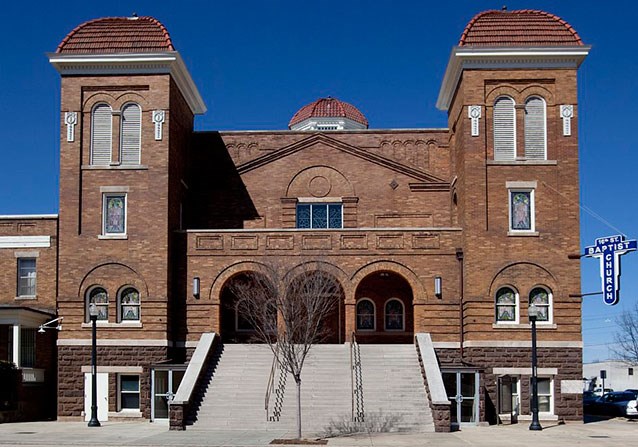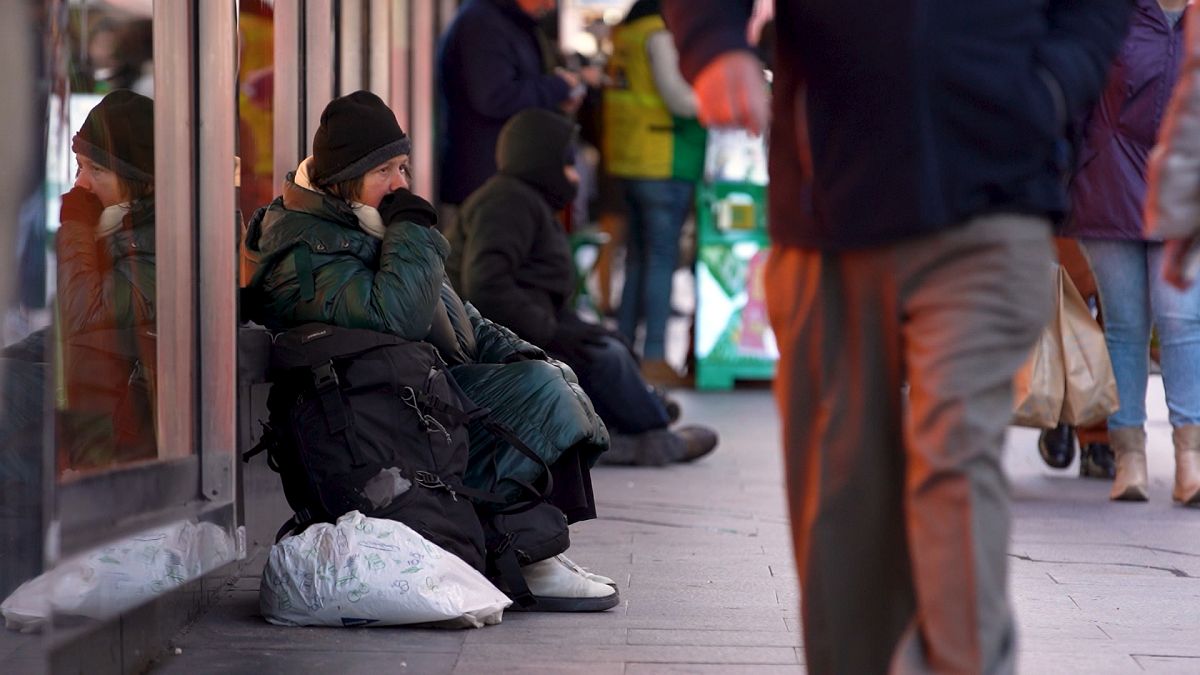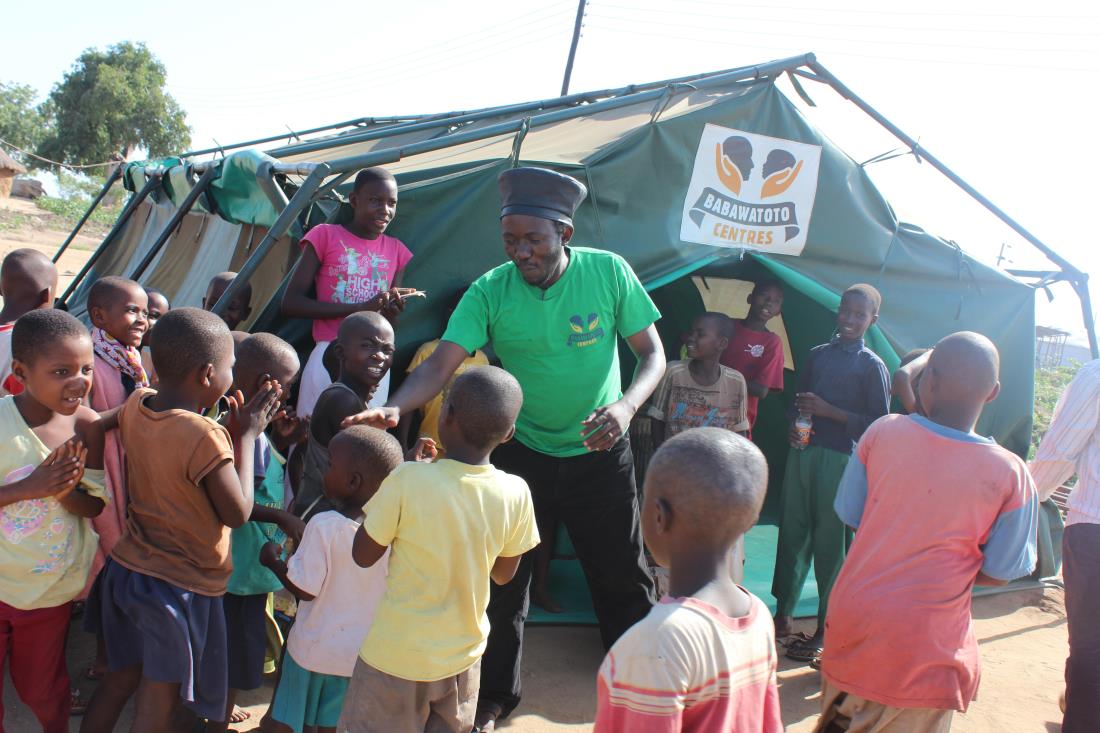The Role of Faith-Based Organizations in Alabama's Community Development
Faith-based organizations (FBOs) have long played a vital role in shaping the social, economic, and cultural fabric of communities across the United States. In Alabama, these organizations are at the forefront of community development, offering support, resources, and advocacy to address a variety of challenges that impact the state’s residents. Whether it’s providing food and shelter to those in need, advocating for social justice, or fostering youth development, faith-based groups are deeply invested in the wellbeing of Alabama’s communities. we will explore the significant contributions of faith-based organizations to community development in Alabama, examine the partnerships that empower these groups, and highlight the ways they impact key areas such as poverty alleviation, education, and healthcare.

1. The History and Impact of Faith-Based Organizations in Alabama

Faith-based organizations in Alabama have a long history of involvement in community development. From the earliest days of the state, churches, synagogues, and other religious groups have been involved in supporting the needy, improving the welfare of residents, and advancing social causes. These organizations are uniquely positioned to foster community engagement and to address issues such as poverty, homelessness, hunger, and mental health—issues that often fall outside the purview of government.
Religious Institutions as Community Pillars
Alabama’s faith-based groups are integral to the state’s community infrastructure. Local churches, mosques, synagogues, and temples not only serve as places of worship but also as community hubs where individuals gather for social events, educational programs, and volunteer activities. This sense of community is especially important in rural areas, where faith-based organizations may be the only institutions providing critical services such as food, medical care, and support for families in crisis.
2. Addressing Poverty and Homelessness

One of the most prominent roles of faith-based organizations in Alabama’s community development is addressing issues of poverty and homelessness. Alabama has some of the highest poverty rates in the United States, and faith-based groups are often at the front lines of efforts to alleviate suffering and provide vital resources.
Food Pantries and Emergency Assistance
Faith-based organizations run food banks, pantries, and soup kitchens across the state, providing meals to thousands of Alabamians each year. Many of these programs rely on the efforts of volunteers and donations from local communities, helping to combat food insecurity in both urban and rural areas. Churches and synagogues often work in partnership with other local organizations and government agencies to distribute food to those who need it most.
Organizations like Church of the Highlands and Birmingham’s First Presbyterian Church operate outreach programs that deliver food, clothing, and essential household items to struggling families, ensuring that no one has to go without basic necessities. Many of these organizations also offer emergency financial assistance, helping individuals pay for utilities, rent, and medical expenses during times of crisis.
Shelters and Transitional Housing
Faith-based organizations also play a significant role in providing shelter and transitional housing for homeless individuals and families. These shelters offer not only a place to stay but also a network of support services, including job training, counseling, and addiction recovery programs. The Salvation Army of Alabama is one of the largest providers of shelter and services for the homeless in the state, offering everything from emergency housing to long-term rehabilitation programs aimed at helping individuals regain independence and stability.
3. Supporting Education and Youth Development

Education is another key area where faith-based organizations contribute to Alabama’s community development. Many religious groups operate schools, tutoring programs, and after-school initiatives to provide students with the tools they need to succeed academically. These programs, often designed to serve low-income and at-risk youth, provide critical support that extends beyond traditional classroom settings.
Faith-Based Schools and Scholarships
Alabama is home to a variety of faith-based private schools that offer high-quality education, emphasizing both academic achievement and character development. Schools such as Bishop State Community College and Montgomery Catholic Preparatory School help provide alternative educational options for families, especially in areas where public schools may be under-resourced. These institutions often offer scholarships and financial aid to ensure that students from all backgrounds have access to a quality education.
Youth Mentorship Programs
Faith-based organizations also play a key role in providing mentorship and life skills training for youth. Programs like Big Brothers Big Sisters of Greater Birmingham, which partners with churches and other faith organizations, connect young people with positive role models who guide them through challenges, helping them make positive life choices. Faith groups frequently run after-school programs, summer camps, and youth outreach initiatives that focus on developing leadership, teamwork, and community engagement.
4. Healthcare and Mental Health Services

In a state with widespread healthcare disparities, faith-based organizations have been instrumental in providing access to critical healthcare and mental health services. While the state has made strides in expanding Medicaid and healthcare access, many Alabamians still face barriers to affordable care, especially in rural areas.
Health Clinics and Free Medical Services
Faith-based health clinics and hospitals are often the only healthcare option for underserved communities in Alabama. For instance, Birmingham's St. Vincent’s Health System, a Catholic-based organization, provides medical services to those who are uninsured or underinsured. These clinics offer everything from routine check-ups to more specialized care, ensuring that even the most vulnerable residents receive the medical attention they need.
Mental Health and Counseling Services
Mental health is another area where faith-based organizations have made a profound impact in Alabama. Many churches and religious organizations offer counseling services, addiction recovery programs, and support groups for those dealing with mental illness, substance abuse, and trauma. Through partnerships with local hospitals, nonprofits, and counseling centers, faith groups provide a safe space for people to seek help without fear of stigma.
5. Promoting Social Justice and Advocacy

Faith-based organizations in Alabama are also key players in the fight for social justice, advocating for policies and legislation that promote equality, civil rights, and economic opportunity. Rooted in principles of justice and compassion, these organizations have been at the forefront of movements to address racial inequality, support voting rights, and fight for fair wages.
Advocacy for Economic Justice
Many religious groups in Alabama engage in advocacy work, fighting for policies that ensure all residents have access to affordable housing, healthcare, and fair wages. Faith-based organizations also push for broader social reforms, such as criminal justice reform, that address systemic inequalities affecting marginalized communities. The Alabama Interfaith Alliance, for example, works to bridge the gap between communities and policymakers to promote economic and social justice across the state.
6. Faith-Based Partnerships with Government and Nonprofits

Faith-based organizations frequently collaborate with government agencies and nonprofits to enhance the impact of their community development efforts. These partnerships allow for a more coordinated approach to tackling the state’s most pressing issues. By pooling resources, expertise, and networks, faith-based organizations, governmental bodies, and community organizations can work together to ensure more comprehensive solutions to problems such as homelessness, poverty, and healthcare.
Conclusion
Faith-based organizations are an essential part of Alabama’s community development landscape. From providing food and shelter to advocating for social justice and offering mentorship to youth, these organizations are helping to address some of the state’s most pressing challenges. By investing in faith-based initiatives and fostering partnerships between religious organizations, local governments, and nonprofits, Alabama can continue to build stronger, more resilient communities for future generations.
As these organizations continue to play a critical role in the development of the state, it is important to recognize their invaluable contributions and ensure that they have the resources and support needed to carry out their mission of service, compassion, and justice.







